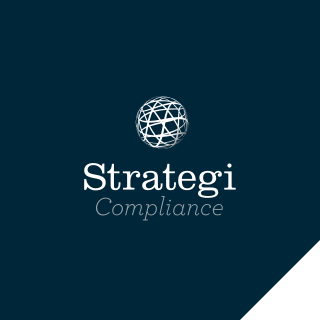Our recommendation is to assume the FMA will visit you sometime and take a proactive approach by preparing in advance. We know from experience this will save you a lot of time and effort in the long run. Our team have put together a list of six things we think you should do to prepare:
- Front foot any monitoring visit. Don’t wait for the FMA to visit you and tell you what is wrong and risk regulatory action if it is serious. Undertake a compliance assurance review sooner rather than later to identify your compliance status and put things right before the FMA contacts you.
- If you have already completed one of our compliance assurance reviews – congratulations. However, it is important you complete the action plan in Appendix B of the report and implement the suggested recommendations. The FMA wants to see you know your compliance status but also what you have done to fix any issues identified.
- Spend time thinking about client interactions and whether they were complaints or not. If the client comments fit the definition of a complaint, then record them in your complaints register and show what changes you have made in your business (where applicable) to avoid similar complaints in the future.
- Think about who does your ongoing compliance. If it is an internal staff member, then have they got the competence, knowledge, and skill to do the role? The ideal way to upskill them is to attend the Strategi Institute two day compliance officer course (the next course is 1-2 May in Auckland). If you don’t have any internal compliance resources, then consider using one of our Virtual Compliance Officer solutions.
- Know your policy documents and be able to confidently speak to them. Now is the time to re-read your policy documents/operations manual and proactively update it to accurately reflect how you run your business. If your policies have review dates, then ensure you meet those review times and update version numbers of documents.
- Review your client files to ensure they contain all the information necessary for a third party such as the FMA to clearly see what the client’s needs were, what you recommended and why. Record keeping includes file notes, emails as well as the normal things like fact find documents and statements of advice.
If you have any questions or need help to address any of the points above, then get in touch with our team – we are here to help.


